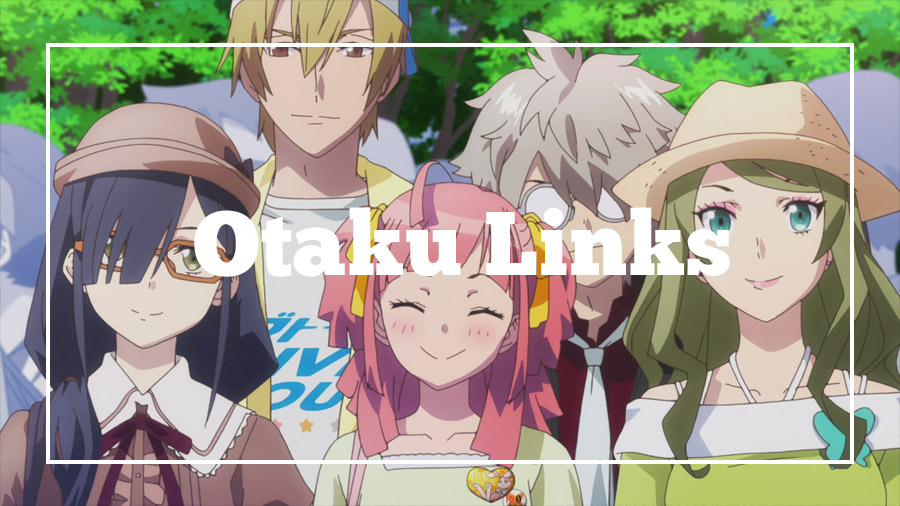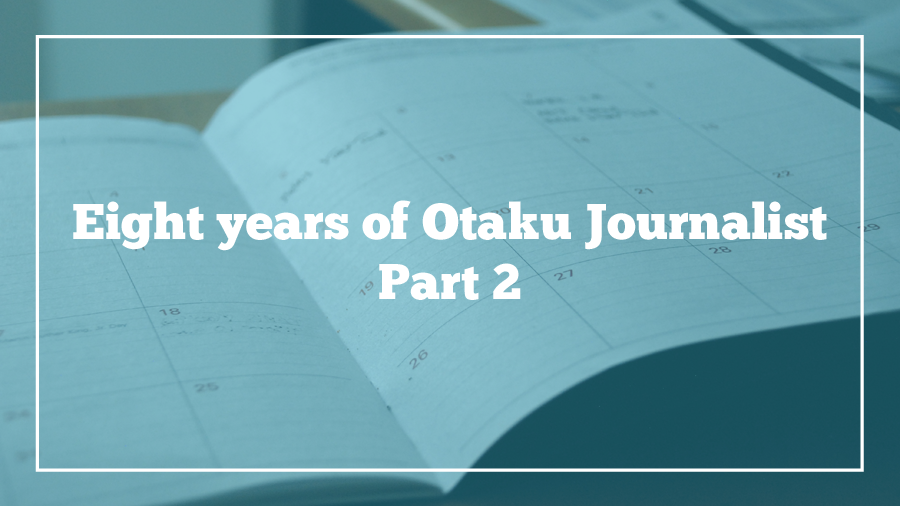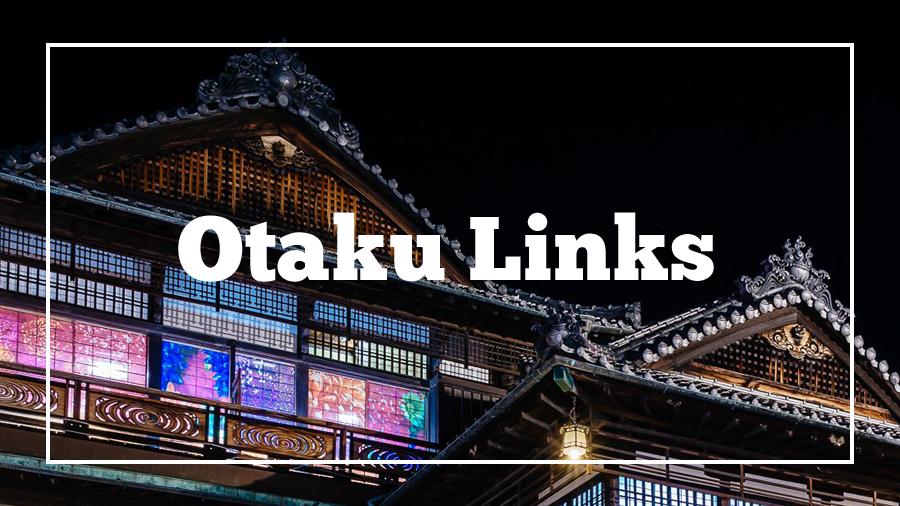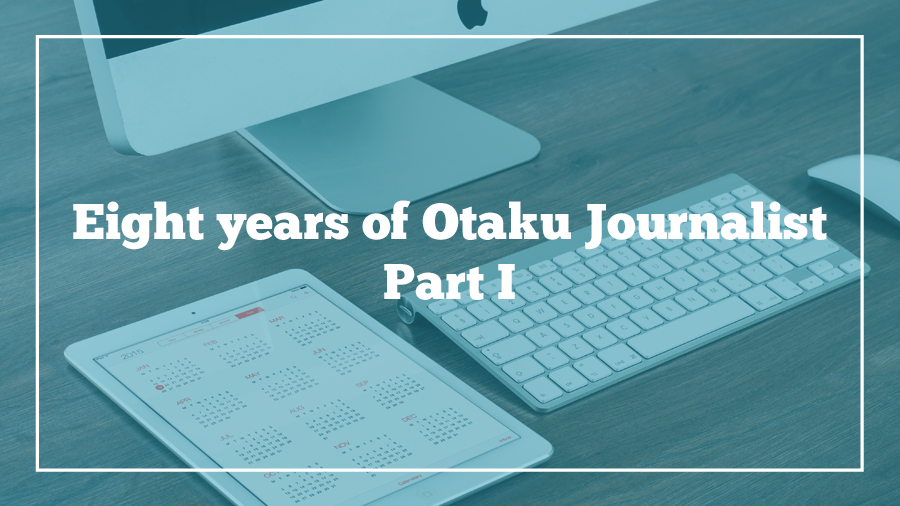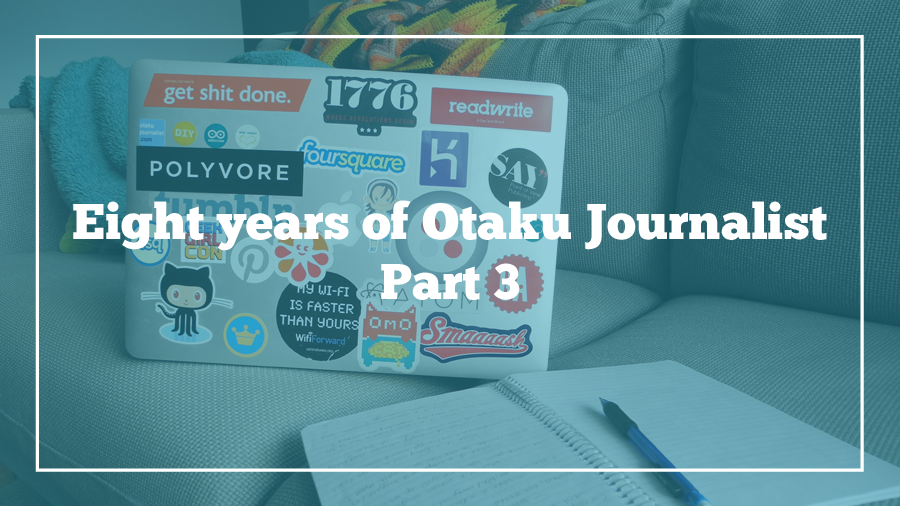
I honestly can’t believe Thanksgiving is this week. November goes by so quickly when you’re writing 1,667 additional words a day! I’ll save my NaNoWriMo impressions for the end of the month when I’ve finished or failed it, but I can already say it certainly makes time fly.
We’ve now entered the top ten of Otaku Journalist’s top 20 most popular posts of all time. Whether it’s a post about a defunct streaming service or a decades-old card game, it’s interesting to see what has endured the test of time—and how things have changed.
10. The Inside Story: Women and Magic
April 12, 2012 | 18,415 views
Magic: The Gathering has come a long way. At the time I wrote this article, pro-tour player Jackie Lee was facing disgusting comments about her gender. Today, she works for MTG and helps design the game. Since 2012, Wizards of the Coast did two things: they hired diversely, and they instituted a zero-tolerance for bullying that left the bullies tournament-banned. In 2016 I wrote for Forbes about how inclusive this once-unwelcoming community has become—and I honestly never thought that was something I of all people would be writing.
9. How to get paid to watch anime
July 28, 2015 | 20,044 views
I believe in monetizing all my hobbies. I like knowing that I can get paid to build Gunpla, watch anime, or even light a relaxing scented candle. So it was only a matter of time before I told people about some of the ways to do this. The trick is lowering your expectations: “Full-time anime reviewer” is not realistic, but “earning a couple hundred bucks a month definitely is. If I ever figure out how to make my entire living from watching anime though, I’ll write about it.
8. Is anime streaming site Daisuki worth your time?
May 20, 2013 | 20,057
Now that Daisuki is dead, I am sure this review isn’t long for the top 20 list. I think this article did well because of the leading title and the fact that I actually spoke to somebody from Daisuki for it. It’s amazing how rarely bloggers bother to reach out to expert sources because they assume they’re not equally desperate to talk to members of the press—but it’s surprisingly easy. (Kudos to Organization Anti-Social Geniuses especially for always getting sources for their articles.)
7. What’s the appeal of cat ears?
August 26, 2010 | 22,288
This is extremely old and low on actual facts and journalism. But I think the reason it does well is despite anything beyond anecdotal evidence even existing on this subject, this is still a question people Google a bunch. Cat ears are adorable, and I love how they’ve become even more mainstream in fashion—I used to have to go to an anime con to buy a cat-ear hat or headband, but now I can go to any trendy store at the mall.
6. Anime romance for grown-ups
August 25, 2014 | 31,307
I have to assume this has so much traffic because “grown-up anime” means different things to different people. This isn’t actually a post about hentai though, but my selection of romance shows that don’t end with “happily ever after” after the couple’s first kiss. They go into the difficulties of understanding one another after courtship is over, learning how to fight fair, trust each other even when other love interests appear, and yes, intimacy is also a factor but not the only one. Re-reading this article makes me think it needs a modern update with all the great new shoujo and josei romances that have gotten their own anime since 2014.
My NaNoWriMo project is officially more than halfway done. Once again, here’s my word count as of the night before this post went up: 31,738. I think I might actually do this!
Previously:

